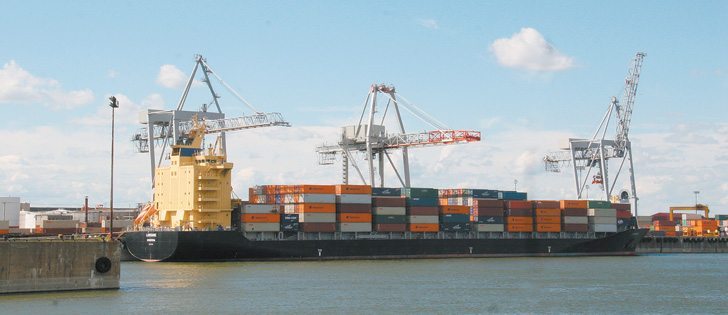As Parliament resumed Jan. 30, Liberal MPs seemed to have an added spring in their step and they had reason.
Less than nine months after their worst electoral defeat in Canadian history, falling to a poor third place with less than 19 percent of the vote, the party is experiencing something of a revival.
Interim leader Bob Rae (that first word is superfluous since Rae has no intention of being ‘interim’ but until they decide formally, we play their silly game) has been running circles around the (really) interim New Democratic Party leader Nycole Turmel and Liberal MPs have seized the opposition spotlight on many issues.
Read Also

High prices see cow-calf producers rushing to incorporate
Farm accountants are reporting a steady stream of cow-calf producers rushing to get their operations incorporated ahead of selling their calves this fall.
Polling results show the effect, although opinion polls almost four years before the October 2015 election are about as useful as predicting the weather in 2015.
On Jan. 30, Nanos Research published a poll that had the Liberals firmly in second place nationally, eight points behind the governing Conservatives but more than two percentage points ahead of the fading NDP who polled 25.2 percent.
On May 2 election night, the NDP polled almost 12 percent higher than the Liberals — 30.6 percent to 18.9 percent.
In the Nanos “leadership index,” Rae had less than half the rating of prime minister Stephen Harper but more importantly, more than double the rating for Turmel who is falling as Rae soars.
Lest Liberals become giddy with prospects of soon coming out of the electoral woodshed to resume their natural position of government or government-in-waiting, there are clear reasons for the turn around, at least in the short-term.
Rae has been a professional politician for more than three decades and knows his way around the arena in both official languages. His disastrous run as a 1990s NDP premier of Ontario is far behind but also not an issue as long as he is not in a serious race for the prime minister’s office.
By contrast, Turmel as a rookie MP and former union leader who speaks Stéphane Dion English was thrust into the unwanted role as opposition leader when Jack Layton died. She is underwhelming.
With the NDP leadership race unfolding largely under media radar, eight of the better-performing NDP MPs are out of the picture because they are leadership candidates and have lost their critic roles.
Media go where the good quotes lie. Coverage implies credibility and the vicious circle begins.
Few issues better illustrate how the NDP has lost its way than the fact that as the debate over the future of the Canadian Wheat Board reached its parliamentary climax late last year, opposition to Conservative plans to end the single desk became a Liberal crusade.
While it had been a natural NDP issue and critic Pat Martin had been the most effective and quotable critic with the CWB head office in his riding, by the time the issue came to a head, NDP guns largely had fallen silent. Liberals, with a spottier record on the CWB, became the champions.
It was amazing to watch. The third place party with just one-third of NDP seat totals and almost no Prairie representation became the go-to CWB champions.
But the Liberal advantage, now clear, may soon be exposed as a dead cat bounce.
Once the NDP have a new leader in late March, the real battle for second place will start and the Liberals should not assume an easy ride.














